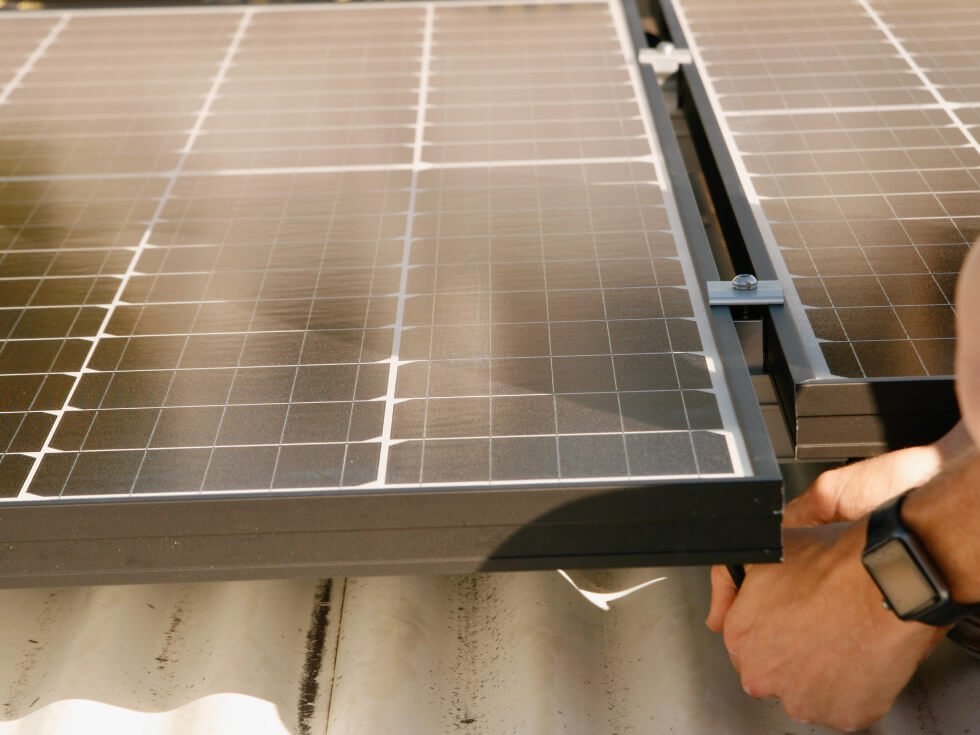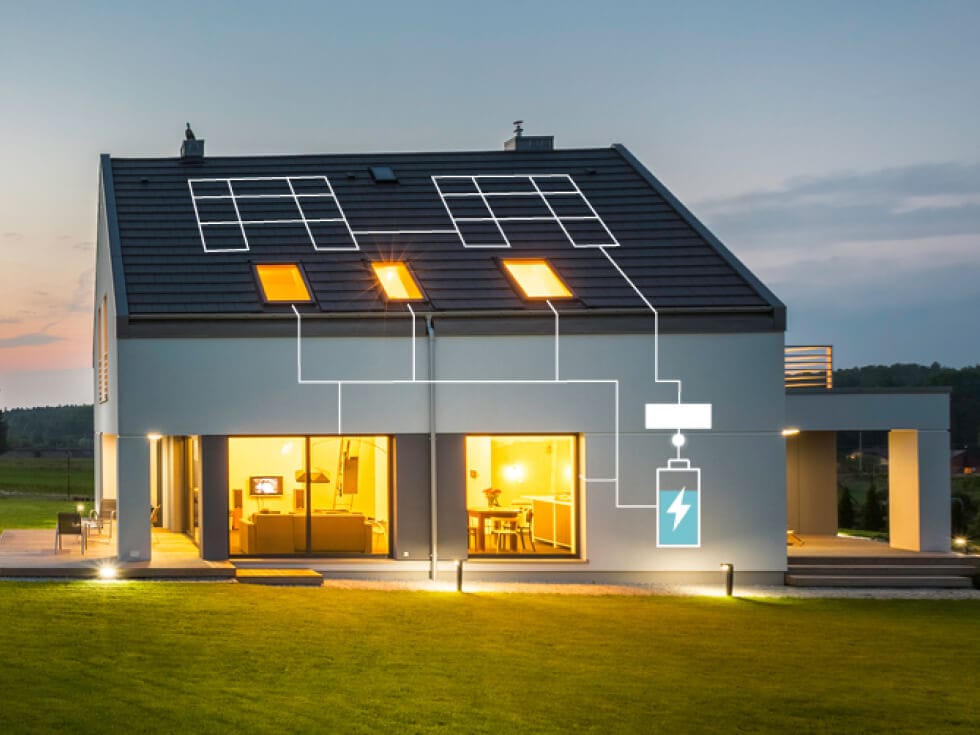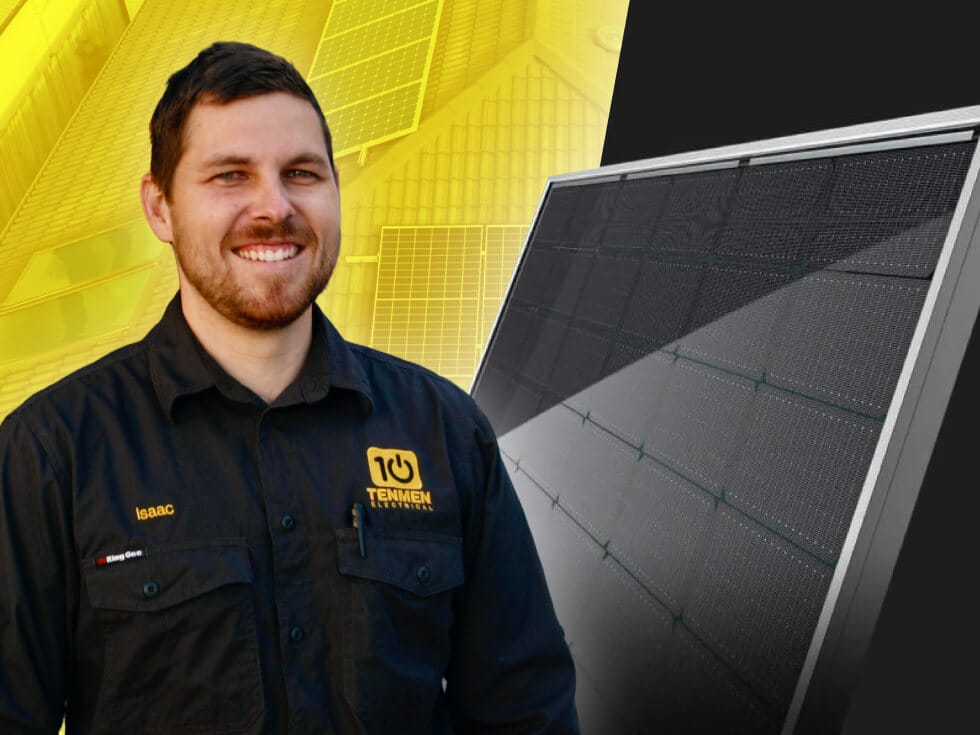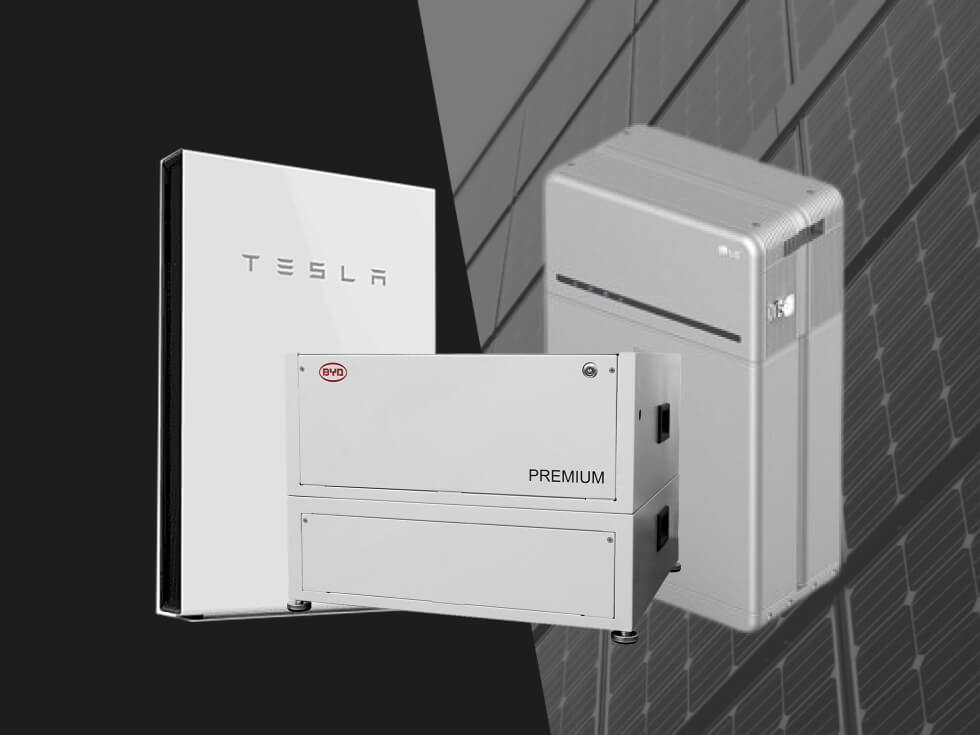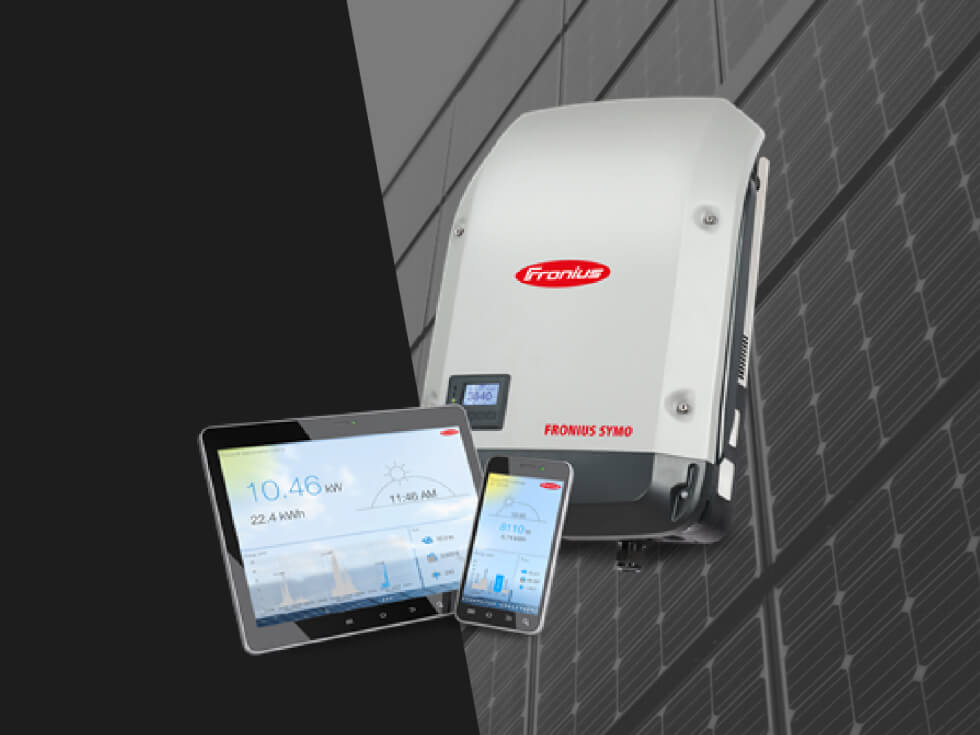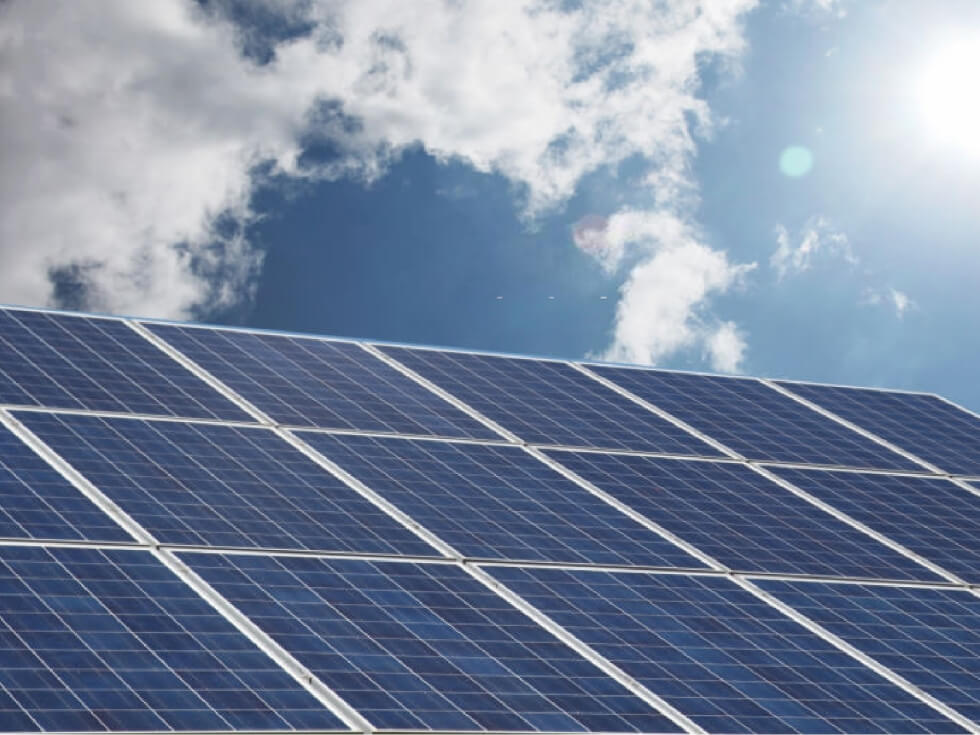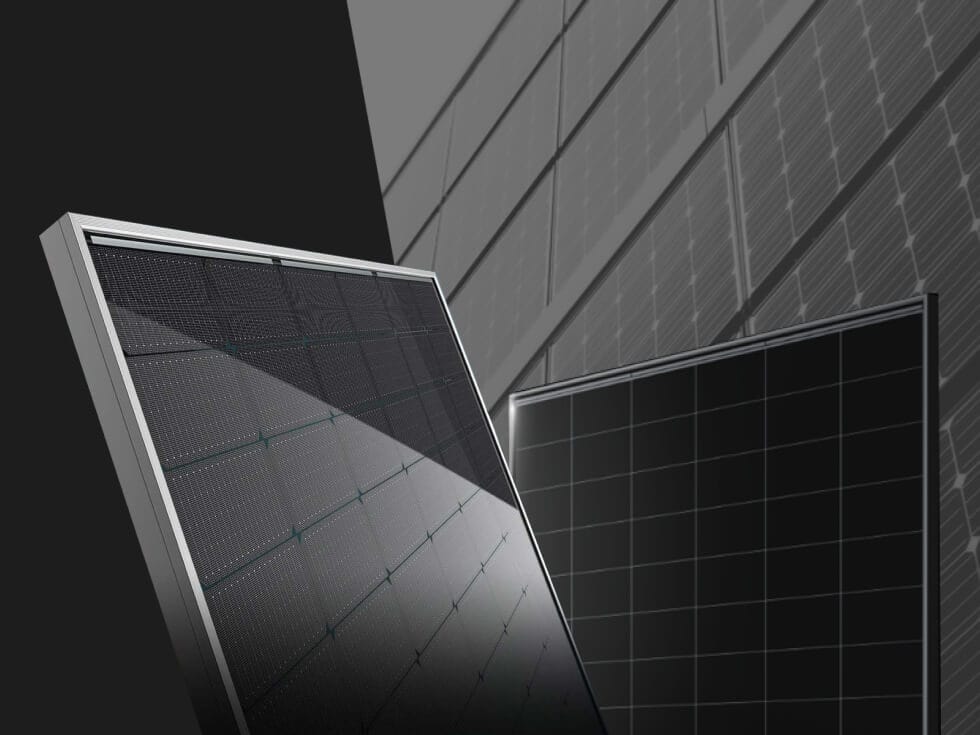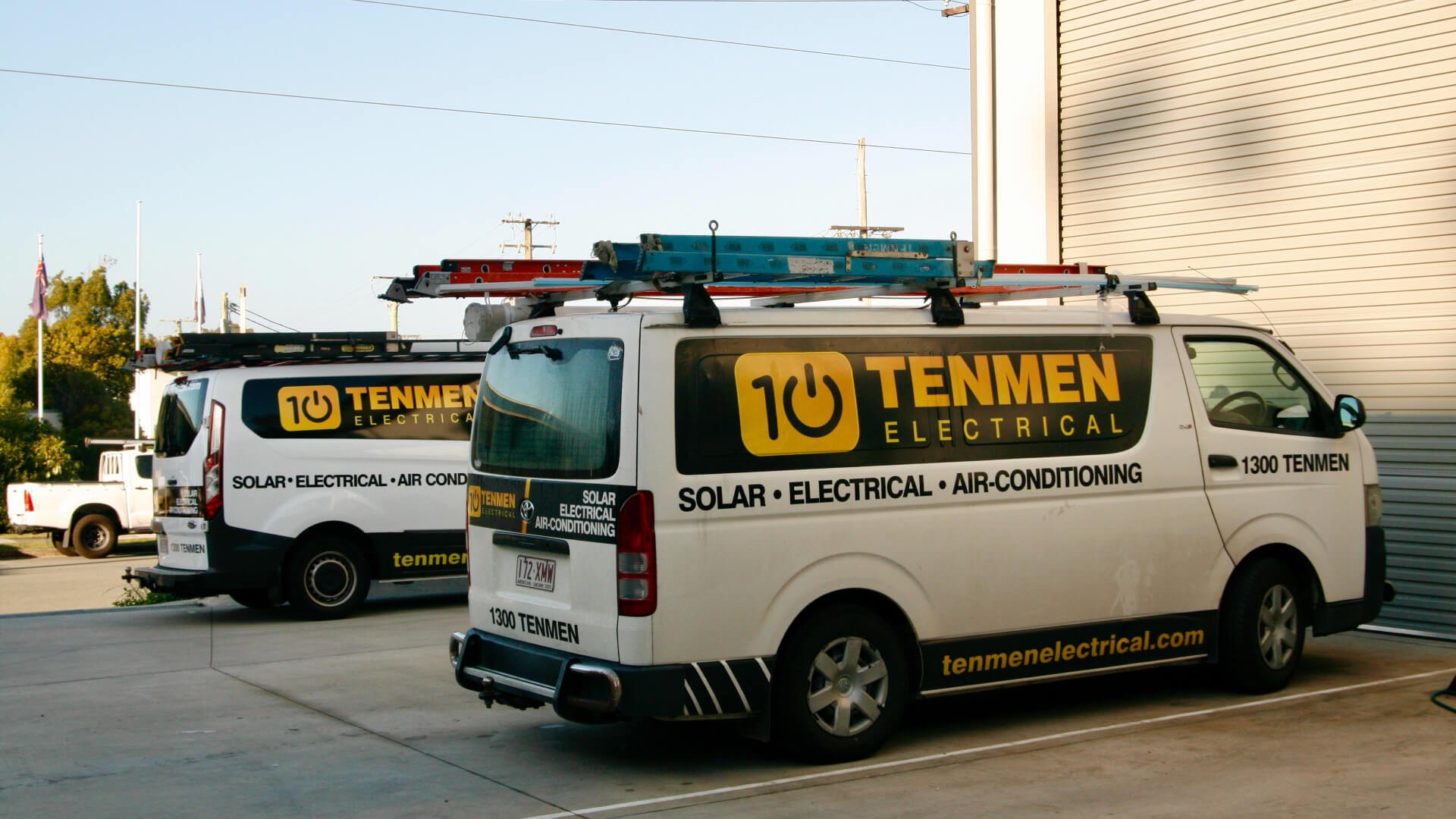Welcome to our guide on solar panel maintenance. In this article, we will provide you with valuable tips and insights to help you keep your solar panels in optimal condition, ensuring their longevity and performance.
Key Takeaways
- Regular maintenance is crucial for the longevity and performance of solar panels.
- Proper cleaning and servicing can increase energy production and extend the useful life of solar panels.
- Servicing should be carried out by licensed professionals to ensure thorough inspections and troubleshooting.
- Choosing the right service provider is important to ensure quality maintenance without voiding your warranty.
- Cleaning and servicing are distinct activities, with cleaning being a more surface-level task and servicing involving comprehensive inspections and checks.
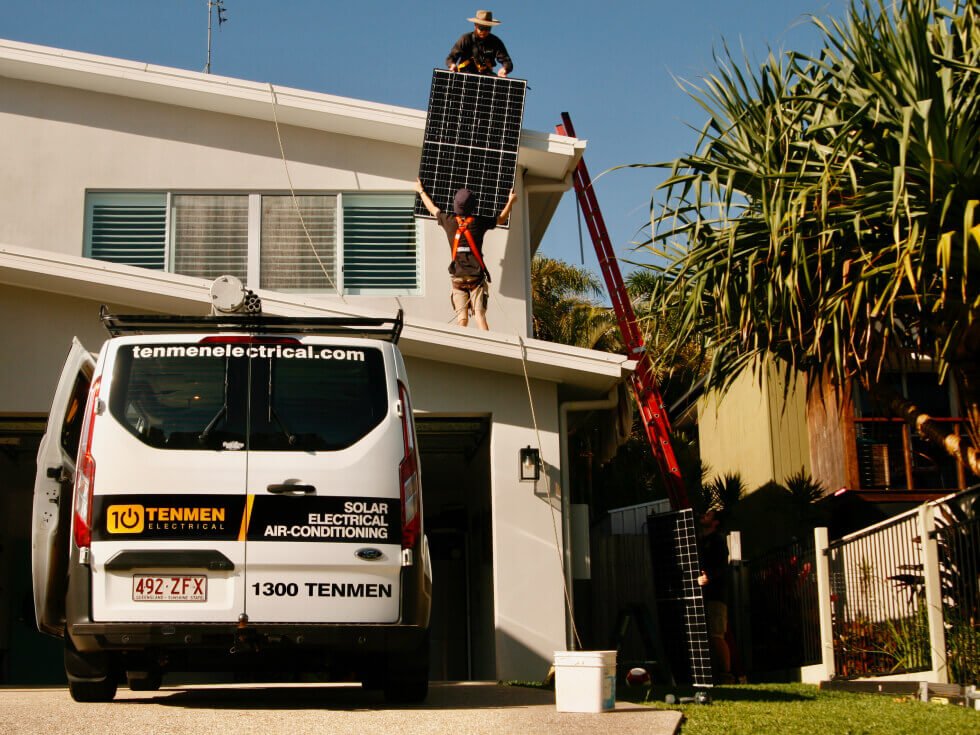
Importance of Solar Panel Maintenance
Regular maintenance of solar panels is crucial for maximising energy production and ensuring their long-term efficiency. Factors such as temperature, shade, and dirt accumulation can significantly impact the performance of solar panels. To maintain optimal operation and extend their useful life, it is essential to prioritise solar panel care and cleaning.
Proper maintenance practices, including regular cleaning and upkeep, can contribute to a 15% increase in energy production. By removing dirt, debris, and other impurities from the surface of the panels, you can enhance their ability to absorb sunlight, resulting in higher energy yields and avoiding costly repairs.
Factors affecting solar panel performance:
- Temperature: High temperatures can reduce the efficiency of solar panels, impacting energy production. Regular maintenance helps identify and address temperature-related issues promptly.
- Shade: Even partial shading on solar panels can significantly reduce their output. Ensuring panels are free from obstructions and trimmed foliage can help mitigate shade-related concerns.
- Dirt Accumulation: Dust, pollen, bird droppings, and other debris can accumulate on solar panels over time, obstructing sunlight and decreasing performance. Regular cleaning helps maintain optimal functionality.
By investing in solar panel maintenance, you can optimise energy generation, reduce reliance on traditional power sources, and lower your carbon footprint. Additionally, proper maintenance ensures that your solar system operates efficiently over its lifespan, resulting in long-term economic benefits.
Regular maintenance of solar panels is essential for maximising energy production and extending their useful life.
How Often Should You Service Your Solar Panels?
Regular servicing of your solar panels is essential to ensure optimal performance and safety. It is recommended to have your solar panels serviced at least once every two years. This maintenance schedule should be provided by your solar retailer or installer and will outline the specific checks and inspections that need to be carried out during the service.
During a solar panel service, trained professionals will conduct thorough inspections to identify any faults or issues that may be affecting your system’s performance. These inspections may include:
- Visual inspections of the panels, inverter, and electrical connections.
- Electrical testing to ensure all components are functioning properly.
- Cleaning of the panels to remove dirt or debris that may be impacting efficiency.
- Checking for any signs of wear and tear or physical damage.
Regular servicing helps detect problems early on, allowing for timely repairs or replacements to be made. By addressing any issues promptly, you can ensure the continued efficiency and longevity of your solar panel system.
Choosing the Right Service Provider
When it comes to solar panel repair, maintaining solar panels, and ensuring their optimal performance, it is crucial to choose the right service provider. You want to work with someone who is not only experienced but also knowledgeable about solar systems and familiar with the best practices for solar panel maintenance. This way, you can have peace of mind knowing that your panels are in capable hands.
One important aspect to consider when selecting a service provider is their credentials. Look for a licensed electrician or an accredited solar panel system installer who has the necessary qualifications and training in solar systems. This ensures that they have the expertise and know-how to handle any repair or maintenance needs your panels may have.
It’s also a good idea to ask for a detailed report on the checks and maintenance performed by the service provider. This will give you a clearer understanding of the specific tasks they carried out and whether they adhered to the recommended best practices for solar panel maintenance. Additionally, make sure that the service provided does not void your warranty, as this can have financial implications down the line.
By choosing the right service provider who understands solar panel repair and the importance of maintaining solar panels, you can ensure that your investment continues to perform at its best. Regular maintenance and repairs carried out by professionals can help extend the life of your solar panels and maximise their energy production.
Cleaning vs. Servicing: What’s the Difference?
When it comes to maintaining your solar panels, there are two main aspects to consider: cleaning and servicing. While both contribute to the overall performance and longevity of your solar panel system, they involve different processes and levels of expertise.
Cleaning: Enhancing Efficiency
Clean solar panels are essential for optimal energy production. Over time, dirt, dust, pollen, bird droppings, and other debris can accumulate on the surface of your panels, limiting their ability to absorb sunlight effectively. Regular cleaning helps to remove these obstructions, allowing the panels to generate electricity more efficiently.
While cleaning your solar panels might seem straightforward, it is important to approach the task with caution, especially when accessing roof-mounted units. DIY cleaning involves risks, particularly the danger of falls. When cleaning, use a soft brush or cloth to gently sweep away any loose debris. Following this, a water rinse can help eliminate lingering residues. For more persistent spots, a mild, non-abrasive detergent solution is recommended, avoiding any substances that could potentially damage the panels. It is crucial to adhere to safety practices when on the roof, prioritizing your well-being.
Regular cleaning helps to optimise the performance of your solar panels by ensuring maximum sunlight absorption, potentially increasing energy outputs by up to 15%.
For those hesitant to undertake this task personally, professional solar panel cleaning services offer a safer and more reliable alternative. Opting for experts not only ensures safety but also brings added advantages, such as the use of specialised cleaning equipment and solutions tailored for solar panels, potentially prolonging their lifespan and maintaining warranty conditions.
Professionals are adept at identifying and mitigating any risks associated with rooftop work, thereby offering peace of mind along with the practical benefits of their services.
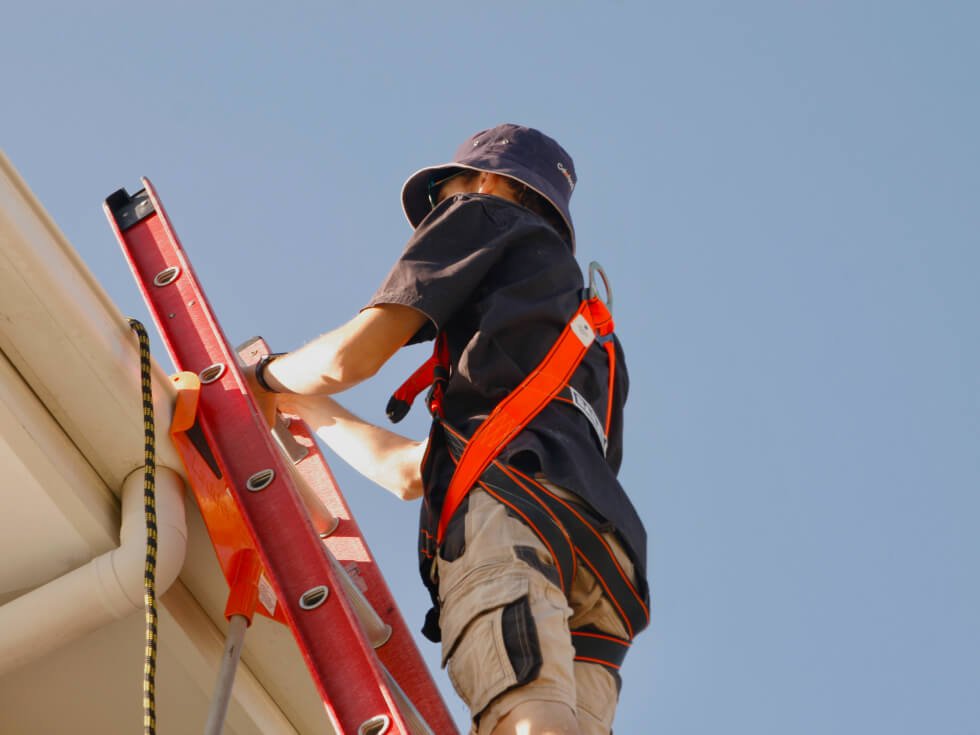
Servicing: Comprehensive Maintenance
Solar panel servicing, on the other hand, involves a more thorough inspection of your entire solar panel system. It goes beyond cleaning and includes electrical testing, visual inspections, and troubleshooting to identify potential issues that may affect the performance and safety of your system.
Professional servicing is recommended at least once every two years and should be carried out by a licensed electrician or an accredited solar panel system installer. These experts have the knowledge and expertise to conduct the necessary checks, ensuring that your system is functioning optimally.
During a servicing, the technician will inspect the panels, wiring, connections, and other components for signs of wear, damage, or any potential electrical issues. They will also check the functionality of the inverter and perform electrical tests to ensure that your system is generating electricity safely and efficiently.
Solar panel servicing is crucial for early detection and timely resolution of any issues, helping you avoid significant problems and expensive repairs in the long run.
While regular cleaning can be done by yourself to maintain the cleanliness of your solar panels, it is essential to leave the comprehensive servicing to the professionals. Their expertise and specialised equipment enable them to identify any underlying problems and address them effectively, ensuring the continued performance and safety of your solar panel system.
- Cleaning involves removing surface debris to improve sunlight absorption.
- Servicing includes comprehensive inspections and troubleshooting by professionals.
- Regular cleaning can be done by the owner, while professional servicing should be done by a professional and is recommended every two years.
- Both cleaning and servicing contribute to the optimal performance and longevity of your solar panel system.
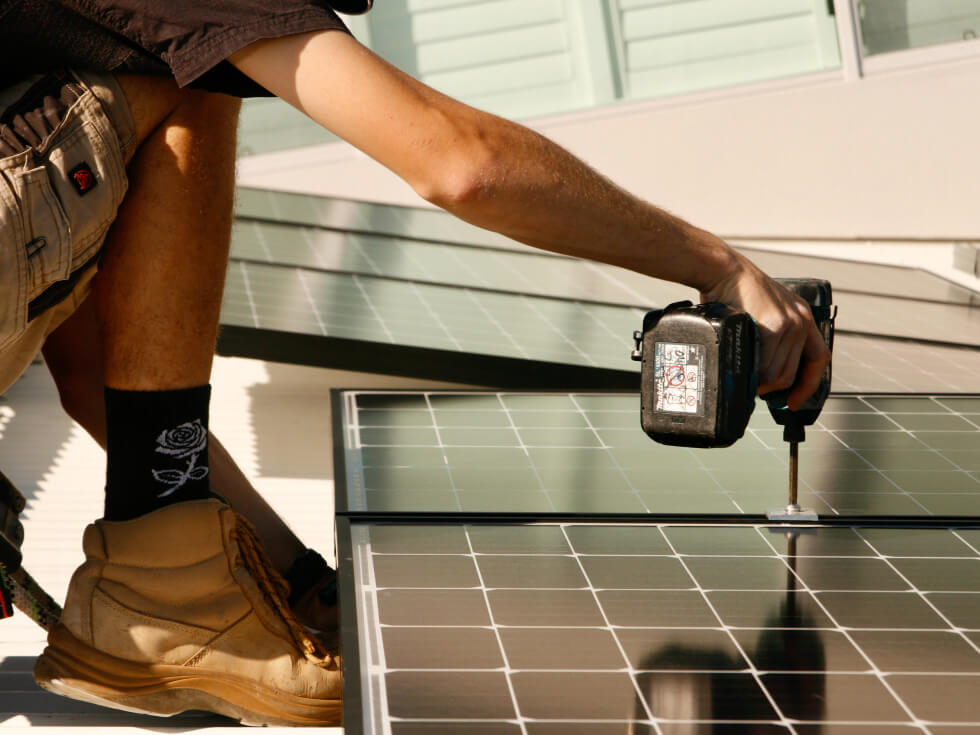
System Checks You Can Carry Out
As solar panel owners, we have the ability to perform some system checks on our own to ensure optimal performance. While certain checks should only be conducted by licensed electricians or accredited installers, there are steps we can take to monitor and maintain your solar panel systems regularly.
1. Check the Inverter:
Inspect the inverter for any error lights or warning codes. If you notice any unusual indicators, it may indicate a potential issue with the inverter or the system.
2. Clean Heatsinks and Ventilation Grills:
Ensure that the inverter’s heatsinks and ventilation grills are clean and free from any debris or obstruction. Proper airflow is crucial for the inverter’s cooling, which helps maintain its performance and lifespan.
3. Inspect for Physical Damage:
Regularly check for any obvious physical damage to the system, including loose connections, broken panels, or damaged wiring. Physical damage can affect the overall functionality and performance of the solar panel system.
4. Monitor Energy Production:
Keep track of the daily energy production of your solar panels. If you notice a significant drop in energy generation or inconsistent performance, it may indicate an underlying issue that requires professional attention.
5. Clean Panels:
While regular cleaning can be performed by the owner, it is essential to follow the manufacturer’s guidelines. Clean panels help maximise energy output by ensuring maximum sunlight absorption without obstruction from dirt or debris.
Remember, while these checks provide an overview of your system’s condition, they are not a substitute for professional solar panel service and inspection. Regular maintenance by licensed electricians or accredited solar installers is necessary to ensure the safety and optimal performance of your solar panel system.
Anti-Islanding and PV Inverter Test
An important system check for your solar panel maintenance is the anti-islanding test, also known as the PV inverter test. This test ensures the safe connection and disconnection of the inverter from the electricity grid during a blackout, protecting workers on the grid.
Some electricity distributors may require this test to be carried out annually to ensure the safety and reliability of your solar panel system. It is a crucial step in maintaining the overall performance and integrity of your system.
To perform the anti-islanding check or PV inverter test, it is recommended to hire an electrician accredited by the Clean Energy Regulator’s accreditation scheme operator. These professionals have the expertise and knowledge to accurately conduct the test and identify any issues that may compromise the safety or functionality of your solar panel system.
During the test, the electrician will verify that the inverter complies with the relevant safety standards and guidelines. They will also ensure that the inverter disconnects from the grid within the specified time frame to prevent any back-feeding of electricity, which could be dangerous for workers attempting to repair the grid during a blackout.
By prioritising the anti-islanding check or PV inverter test as part of your regular solar panel maintenance routine, you can have peace of mind knowing that your system operates safely and efficiently, minimising any potential risks to both your household and electrical workers.
The Role of DC Isolators and Fire Risks
DC isolators play a crucial role in the safety and functionality of solar panel systems. These switches are responsible for isolating solar panels from the rest of the house’s electrical system. Their primary purpose is to prevent electricity from flowing into the grid during a blackout, which helps protect workers repairing the grid.
However, it’s important to note that faulty or deteriorated DC isolators can pose a fire risk. Over time, these isolators can become damaged or suffer from internal faults that increase the likelihood of a fire. Therefore, regular maintenance and inspections are essential to ensure the proper functioning of DC isolators and identify any potential issues.
As part of routine maintenance, it is recommended to check the condition of the DC isolators and inspect them for any signs of damage or deterioration. This includes looking for loose connections, broken components, or signs of overheating. By detecting and addressing these issues promptly, the risk of fire can be significantly reduced.
The Clean Energy Council also advises replacing or retrofitting DC isolators without protective covers. These covers are designed to provide an added layer of protection against environmental factors such as dust, moisture, and excessive heat. By retrofitting or replacing isolators without protective covers, the risk of fire can be further mitigated.
Overall, proper maintenance and regular inspections of DC isolators are crucial for minimising fire risks in solar panel systems. By ensuring the integrity and functionality of these switches, we can maintain the safety and reliability of our solar panel installations.
Solar Panel Fires and Safety Measures
Solar panel fires have become a growing concern, with faulty DC isolators being identified as a major cause. To prevent these fires and ensure the safety of your solar panel system, it is crucial to implement proper safety measures. Here are some important steps you can take:
- Regular Servicing and Maintenance: Engage a licensed professional to conduct regular servicing and maintenance on your solar panel system. This will help identify any potential issues and address them promptly.
- Installation of DC Isolators with Metallic Shrouds: Consider installing DC isolators with metallic shrouds, which can help reduce the risk of fires. These shrouds provide an additional layer of protection by preventing the accumulation of debris or shading that could potentially ignite a fire.
- Regular Inspections: Conduct regular inspections of your solar panels to ensure that they are in good condition and free from any signs of damage or wear. Pay close attention to the DC isolators and look for any signs of overheating or corrosion.
- Avoidance of Shading and Debris Buildup: Keep your solar panels clear of any shading or debris buildup, as they can increase the risk of fires. Regularly remove fallen leaves, tree branches, or any other objects that may obstruct sunlight or create a potential fire hazard.
“Implementing safety measures such as regular servicing, installation of DC isolators with metallic shrouds, and regular inspections significantly reduces the risk of solar panel fires.” – Fire and Rescue NSW
Although the overall risk of solar panel fires is relatively small, it is essential to address any issues promptly to maintain the safety of your system. By following these safety measures, you can enjoy the benefits of solar energy while minimising the risk of fire accidents.
Conclusion
Proper maintenance and regular cleaning are crucial for ensuring the optimal performance and longevity of your solar panels. By following best practices for solar panel maintenance, you can maximise energy production and save on energy bills.
Regular inspections, servicing, and troubleshooting by licensed professionals help identify and address any potential issues that may arise. While some maintenance tasks can be performed by the owner, it’s important to hire experts for comprehensive servicing and complex checks.
By taking care of your solar panels through regular maintenance and cleaning, you can ensure they operate at their full potential, maximising the return on your investment, and contributing to a sustainable energy future for Australia.

